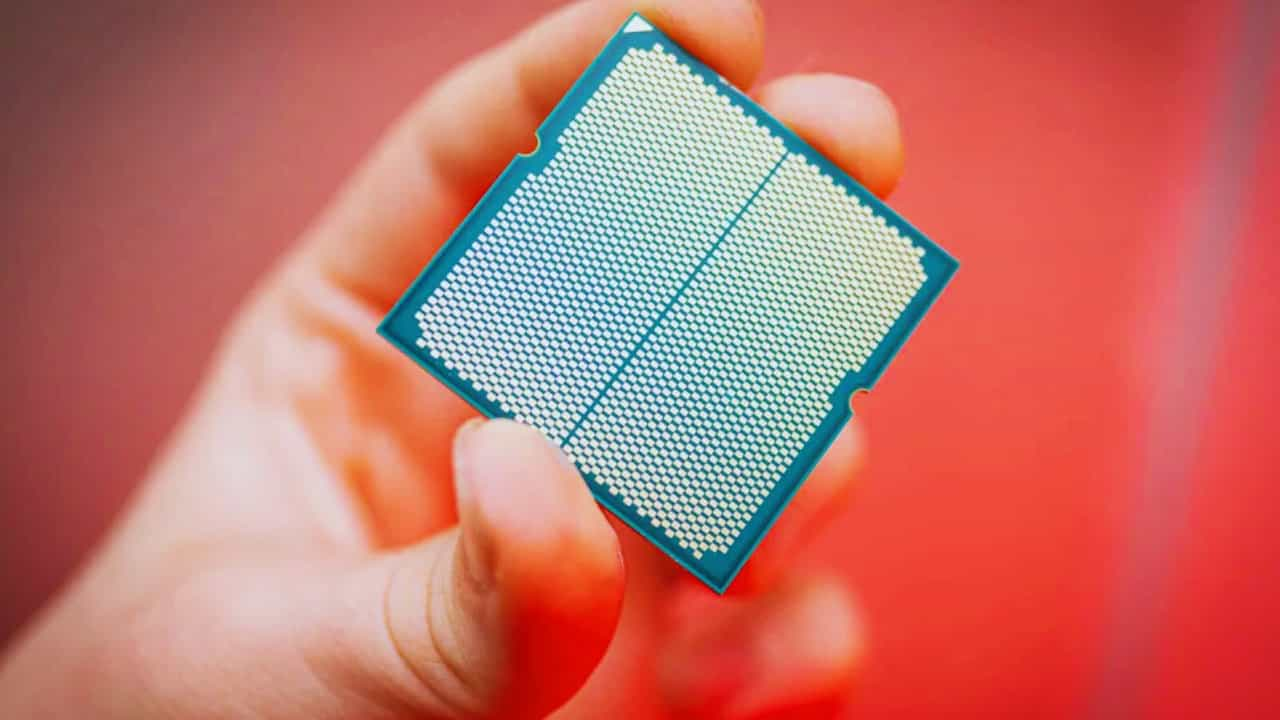The CPU Battle of 2024: AMD’s X3D Innovation Faces Controversy
Unexpectedly, industry experts and benchmark platforms have centered their heated debate around AMD’s Ryzen 7 9800X3D. The latest high-performance processor has not only challenged traditional performance metrics but has also sparked controversy over how we evaluate gaming CPUs.
UserBenchmark, a widely-known hardware testing platform, recently sparked controversy by recommending the Intel i5-13600K over AMD’s latest offering. This recommendation came despite widespread testing showing the Ryzen 7 9800X3D outperforming Intel’s flagship i9-14900K by up to 33% in gaming performance.
The heart of this debate lies in AMD’s innovative 3D V-Cache technology. This breakthrough puts extra cache memory either above or below the CPU cores, helping games run faster and smoother. Tech expert Jacob Roach found that the 9800X3D shows impressive gains across both gaming and productivity tasks, though not equally in all areas.
When looking at real-world performance, the numbers tell an intriguing story. The 9800X3D offers:
- Up to 19% faster single-core speeds
- 21% better performance in rendering applications
- 14% improvement in multi-core tasks
- 6-7% faster gaming performance is possible in demanding titles.
The price factor plays a crucial role in this debate. While the 9800X3D launched at $479, finding one at this price has proven challenging. The processor sold out quickly and now sells for $700–900 on the secondhand market. Meanwhile, its predecessor, the Ryzen 7 7800X3D, remains a strong contender at around $460 retail and $350 used.
Power efficiency stands as another key consideration. Both processors run efficiently compared to competitors like the Intel Core i9-14900K, though the 9800X3D draws slightly more power and runs hotter than its predecessor.
The controversy deepened when UserBenchmark claimed that “spending more on a gaming CPU is often pointless.” This statement has drawn criticism from tech enthusiasts who argue that such generalizations oversimplify the complex needs of modern gaming systems.
Industry experts point out that while GPU limitations often impact gaming performance, having a powerful CPU becomes increasingly important for:
- High-refresh-rate gaming
- CPU-intensive simulation games
- Streaming while gaming
- Running background tasks
- Future-proofing gaming setups
As we look ahead, this debate highlights a broader discussion in the tech community about how we measure and value gaming performance. While benchmark numbers provide valuable data points, real-world usage and value for money often tell a more complete story.
For gamers making buying decisions in 2024, the choice between these processors might come down to availability and price rather than pure performance metrics. The 9800X3D clearly leads in raw performance, but its predecessor offers compelling value, especially for those focused primarily on gaming rather than productivity tasks.
What’s clear is that AMD’s X3D technology has pushed the boundaries of what’s possible in gaming CPUs, regardless of how different benchmarking platforms choose to measure its impact.
